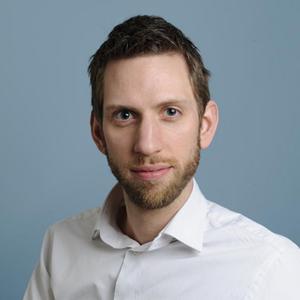A giant therapy session

I write this as the conference hall has cleared, and most people have braved the tube strike in London to return home or to their hotel rooms after the first day of Pulse Live.
Our conference is meant to be a one-stop shop for GPs to get all the latest information to help them work better, but it has also felt like a massive group therapy session at times.
The unrelenting rise in workload, plummeting pay and months of negative press in the national newspapers has culminated with many GPs feeling pushed to the absolute limit.
A debate into whether the profession should all become salaried employees of the NHS turned into a conference hall debate on what can be done to reduce the demands on practices.
Cambridge GP Dr Fiona Cornish valiantly tried to give a presentation on how practices can reduce workload and avoid burnout, although even she admitted that the outlook was gloomy and it was getting harder to cope with the level of demand.
As one conference participant put it: ‘I don’t know about others, but as a GP I find myself coming away from an 18-patient, three-hour surgery thinking probably 50-60% of those patients, I didn’t need to see – there was no clinical need there.’
The feeling of a profession under seige has dominated the meeting today, but there were glimmers of hope.
In my interview with NICE chair Professor David Haslam he mentioned – to titters from the audience – that he had met the health secretary Jeremy Hunt and he was ‘getting it’.
From speaking to other GPs, it is also clear that the workload crisis has meant that practices are having to work together more closely to survive, with old animosities being forgotten in the drive to form federations and protect their livelihood.
GPs are not lacking in ideas about how to make primary care work better and the more imaginative CCGs are also looking closely at what they can ensure that general practice is put on a sustainable footing, although whether they have the clout or the resources to do this is debatable.
It is clear that these moves are not going to completely solve the larger problems of the profession, but they are a start in the right direction. And one thing is heartening.
Despite all the doom and gloom the profession is still fighting its corner and retaining its independent voice.
GPs battled through the picket lines this morning to attend Pulse Live, and it is that valiant spirit that will ensure the profession has a future.
Nigel Praities is the editor of Pulse.











